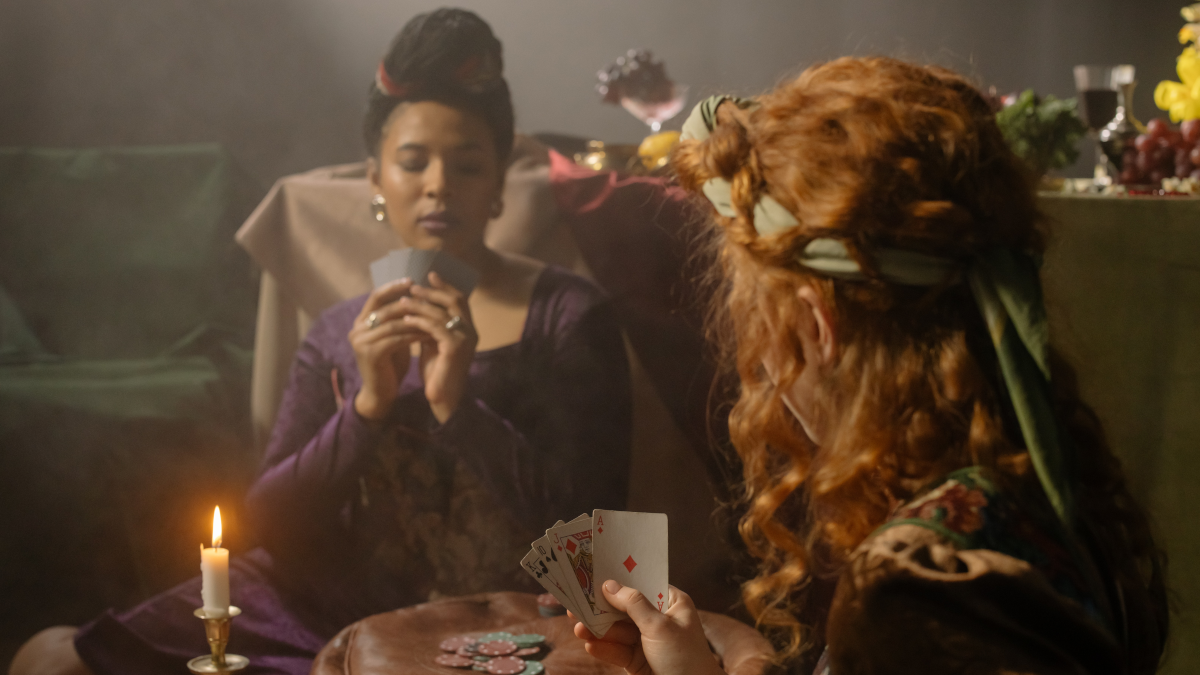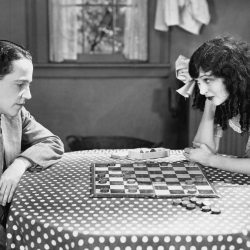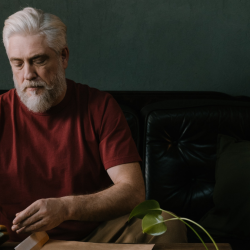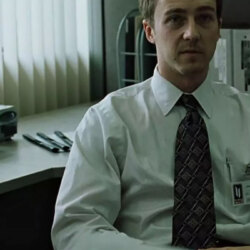I have a friend who’s founder of a biotech start-up that’s run out of road and he knows it’s time to wind it up
He’s ready to quit, the German investors are ready to quit, but the Korean investors are dragging their feet. Why? This morning, when we went to get a coffee and talk about it, the queue in our usual place was more than three people: he wanted to wait it out, but I persuaded him to move to another coffee shop. I had my usual flat white, even though I don’t like that much milk. The barista tried to persuade me to switch to a cortado instead, but I stuck with what I know.
We all have a problem knowing what to quit, when to quit and how to do it.
Instead, we grit our teeth. Persevere. The obstacle is the way. It’s not how many times you get knocked down, it’s how many times you get up.
I’m someone who helps companies create verbal branding and society’s verbal branding of sticking it out (so many expressions for it, all so positive) seems far more attractive than its verbal branding of giving up (sounds terrible, doesn’t it?).
The problem is, sticking it out is killing us. Sometimes literally
Annie Duke illustrates this with a story at the start of her new book, Quit: The Power of Knowing When to Walk Away.
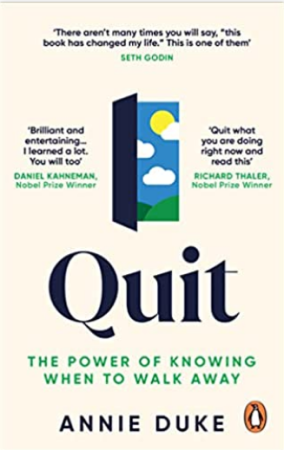
In 1996, five climbers found themselves within 300 feet of the summit of Everest and stopped to assess their situation. They calculated they probably weren’t going to make it to the top by their turnaround time — the moment when they have to start descending in order to make it back to camp safely.
What would you do, having already climbed 12,000 feet?
Climb the final 300 feet to complete the mission, or stop 300 feet from the top and go home, explain what went wrong to everyone you know, save up again, spend another year training, to try again, perhaps next year, if you can get a place in the limited number of climbing slots?
Annie points out we might not be familiar with the names of the climbers who turned back: Hutchison, Task and Kasischke. But we might know the names of Hall and Hansen that gritted their teeth, who persisted and made it to the summit, because they died there and their story became the book, Into Thin Air (and later, the movie Everest (2015)).
Why, even when it’s going to kill us, can’t we make the smarter decision to quit?
Annie Duke’s own life is full of sticking and quitting. She was sticking it out in a highly successful academic career in cognitive psychology when her body quit on her and she got sick. Not sure what to do next, but liking her studies’ theme of making better decisions in uncertain circumstances, she hung out in Vegas and dabbled in poker. She won the World Series of Poker, taking home more than $4million in tournaments. When she realised it was time to quit poker, she moved to corporate advisory work, and now helps some distinctly smarter-than-average companies understand when quitting might be a subtly smarter-than-average decision.
She points out that part of better quitting is not allowing the ego to linguistically refocus our goal, setting us up for the glamour, rather than safety. What’s often forgotten about President Kennedy’s speech to ‘commit to… landing a man on the Moon in the next decade‘ is that he finished the sentence with ‘…and returning him safely to the Earth.’
More people die descending Everest than die on the way up
Annie Duke likes to say that she didn’t play lots of games of poker over her seven-year career. Instead, she played just one seven-year game. She trained herself to know when to quit a hand, a game, a table, the night, the week. Just so she’d have enough coins to come back and play another hand, game, table, night when the time was better for her.
And haven’t we all had that moment in our careers? The project’s dynamics change and it’s clear we won’t achieve our objectives — but rather than get the team together and call an end to all our hard work, we stick it out. If we could remember that we’re trying to preserve a limited number of coins to play over a game of unknown length, we’d push back from the table and look around, find a better table to play at.
What can we do?
We can know that quitting on time almost always feels like quitting early. Quitting before things are wrong but not yet dire (and even while there’s still a 20% chance it might work out) that’s the right time. Quitting when there’s 0% chance of success because we’ve just had a raging row with the boss (who’s been undermining us for a year), that’s too late — you’ll be absolutely sure you’re definitely right to quit then, but that assurance comes at the cost of all the coins you lost getting there.
Heard of the game Glitch?
Its heavily-backed founder pushed for a new release, spent tons of investors’ money on promoting it and even reached their goal for adding net new users; but when he sat back and looked at the numbers, he knew it’d cost too much to make it a success. Money still in the bank. Investors happy. A growing number of users. Definitely time to quit, right?
He did quit, his investors respected the decision and stuck with him for his next idea, which became that $26billion thing called Slack.
What else can we do? At Alphabet’s moonshot factory (disclosure: a client of my verbal branding consultancy) they have a thought experiment called ‘monkeys and pedestals’. If your task is to teach a monkey to stand on a pedestal and juggle flaming torches, most of us would start on building the pedestal; we know how to do that, we can show progress. But the pedestal’s ultimately useless unless we can do the harder thing: teach the monkey to juggle the flaming torches. We’ll do better to start off seeing if we can do the harder thing rather than waste time on the easier thing. (Check out another story in the book about how California State is ignoring the harder problem of two big mountain ranges stretched across an active seismic fault line, while starting to build a high speed rail connection between San Francisco and Los Angeles.)
You and I know, of course, about the behavioural biases that tilt our judgement, including ‘Sunk Cost’ and ‘Loss Aversion’. It gets worse when we invest more of our sense of self into something (Founders have an especially hard time quitting). But even knowing these things doesn’t preserve us from losing too much before we quit.
The kicker to Annie Duke’s anchor story is that before Hall died on Everest that day, it was he who’d been the person to insist on setting a turnaround time.
The final, and best advice of this book, is to find your unofficial ‘quit coach’: someone who cares for you, but doesn’t care about hurting your feelings. They can help you set the kill criteria and they can help you observe them when the queue’s too long, the business isn’t working out or the boss is never going to change.
Featured image: cottonbro studio / Pexels

















